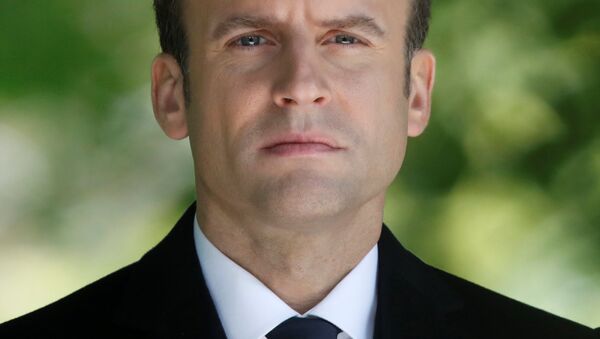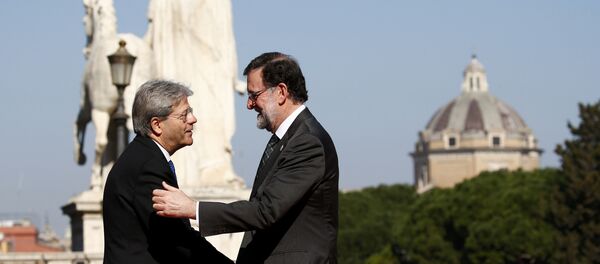Germany currently has a veto on the European Stability Mechanism (ESM), the Eurozone's bailout fund, which has been the source if disagreement with many southern eurozone states — particularly Greece, which is struggling to meet the strict terms of it third bailout, which is being largely driven by Germany.
"One should reinforce the [eurozone] institutions, so that the ECB doesn't always have to shoulder the burden of everything. But for that, treaty changes are needed. Hence, the second-best solution is to create a European Monetary Fund by developing the statute of the ESM," Schauble told Italian newspaper La Repubblica.
'Booze and Women'
Macron, on the other hand, wants to create a common eurozone fund — separate from the ESM — effectively meaning that richer eurozone members — such as Germany — would be forced to support poorer nations, such as the southern states which are all struggling to remain within strict guidelines on national debt and deficits.
"We will propose creating a budget for the eurozone with three functions (investments for the future, emergency financial assistance, and response to economic crises). Access to this budget will be conditional on the respect of common tax and social rules," Macron said in his election manifesto.
The division within the eurozone was further exemplified when Spanish Prime Minister Mariano Rajoy, April 10, hosted a mini-summit with the leaders of France, Italy, Portugal, Greece, Cyprus and Malta to discuss common concerns over the single currency as well as the migrant crisis.





